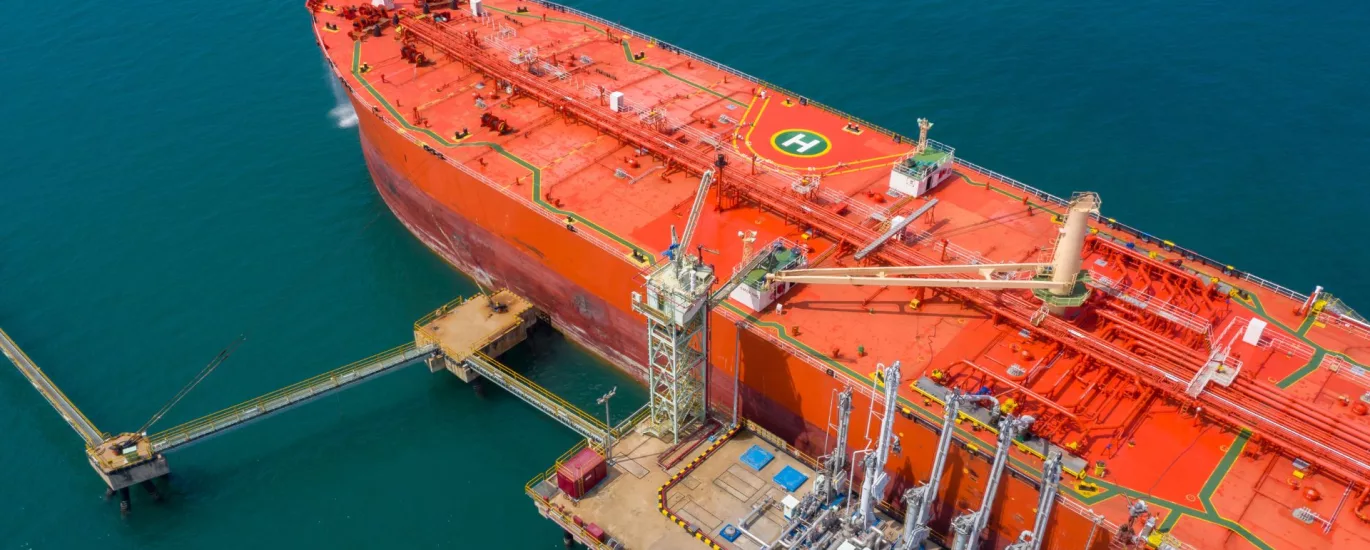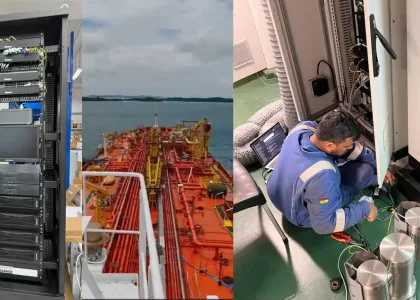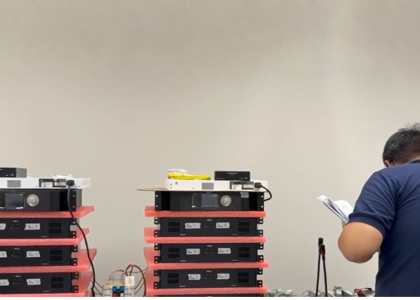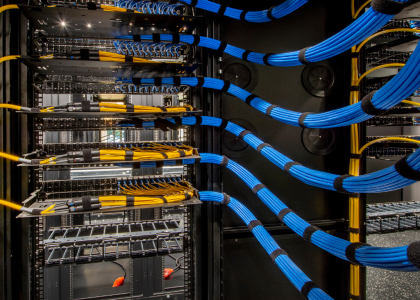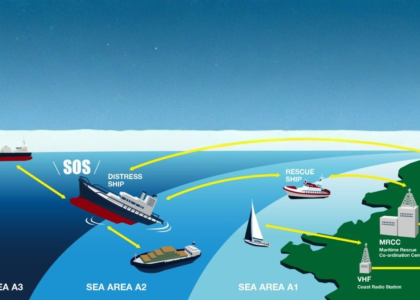Maritime communications have come a long way from the early days of simple radio communication. With the rapid advancement in technology, modern ships and vessels can now stay connected even in deep sea, with shore-based facilities using various communication channels. This blog will discuss some of the recent developments in maritime communications that have revolutionized the industry.
Satellite Communications
One of the most significant developments in maritime communication is the use of satellite communications that allows ships can stay in touch with shore-based facilities even when they are far out at sea.
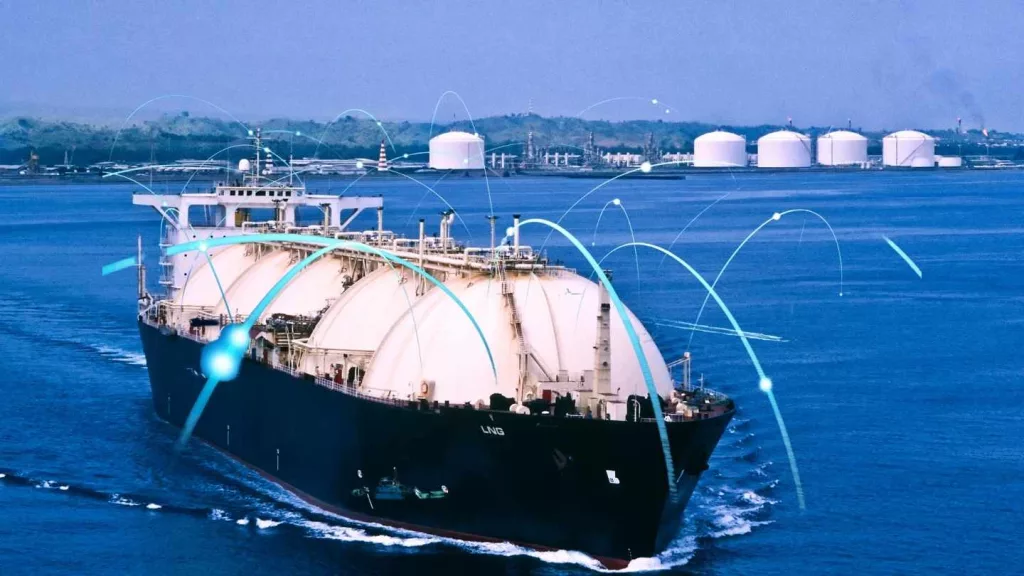
Satellites provide reliable communication channels, allowing ship owners and operators to receive real-time information on weather conditions, cargo status, and engine performance. This has improved safety and operational capabilities in the maritime industry.
Automatic Identification System (AIS)
The Automatic Identification System (AIS) is another critical development in maritime communication, that uses transponders on ships to transmit their position, speed, and other information to other ships and shore-based facilities.
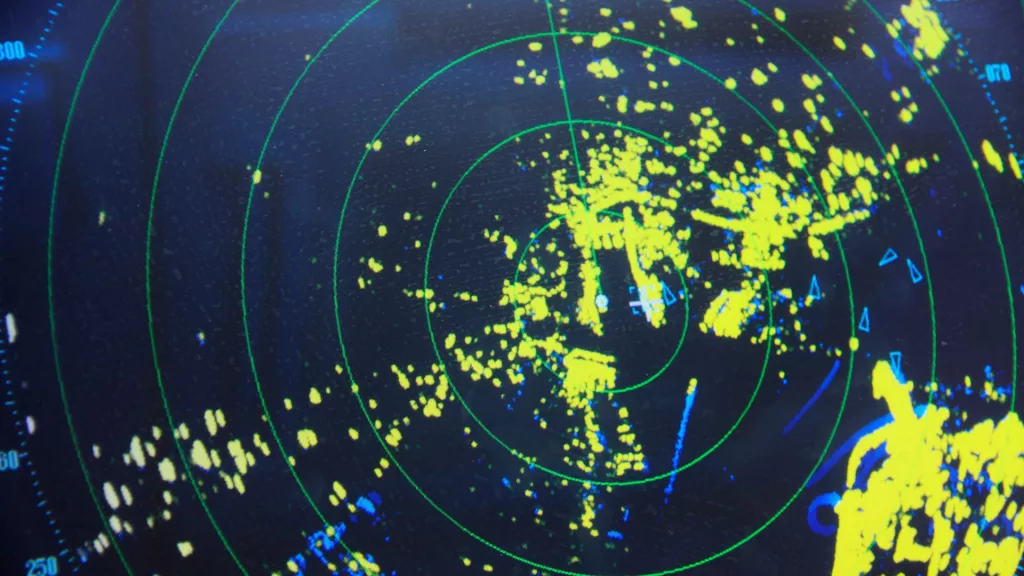
This mandatory system has greatly improved safety, by making it easier for ships to avoid collisions and for search and rescue teams to locate vessels in distress.
Internet of Things (IoT) Technology
IoT technology is being used to connect various maritime systems and devices, allowing them to communicate with each other and with shore-based facilities. This can improve efficiency and safety by providing real-time data on aspects such as weather conditions, cargo status, and engine performance.
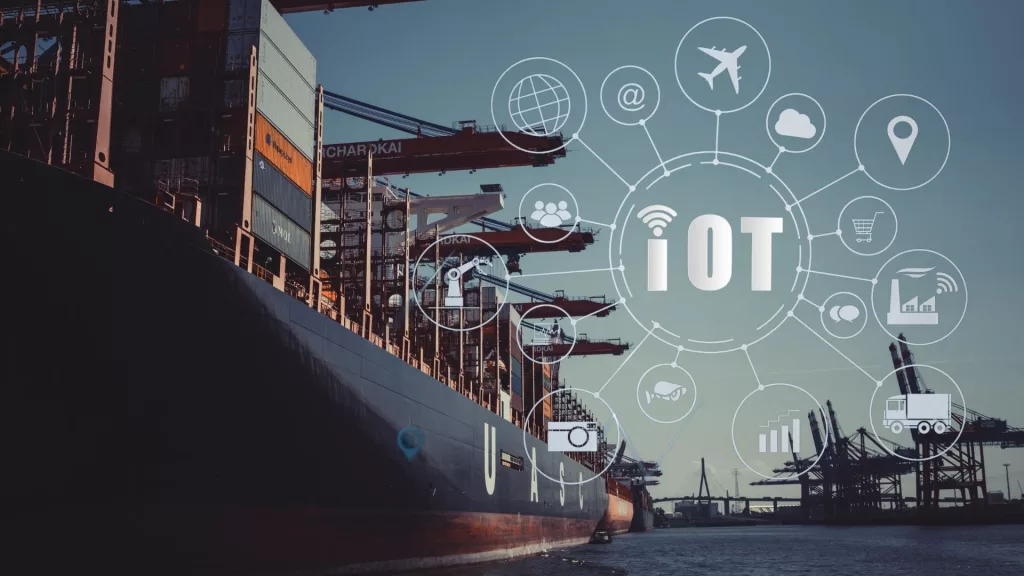
For instance, smart sensors can be installed on a ship’s cargo hold to monitor the temperature and humidity levels, which can help prevent spoilage and damage to goods during transportation. It can also prevent accidents from explosive gases and materials.
5G Communications
The deployment of 5G networks is expected to revolutionize maritime communications by enabling faster and more reliable data transfer. The greater connectivity between ships and shore-based facilities will in turn improve safety and operational capabilities.
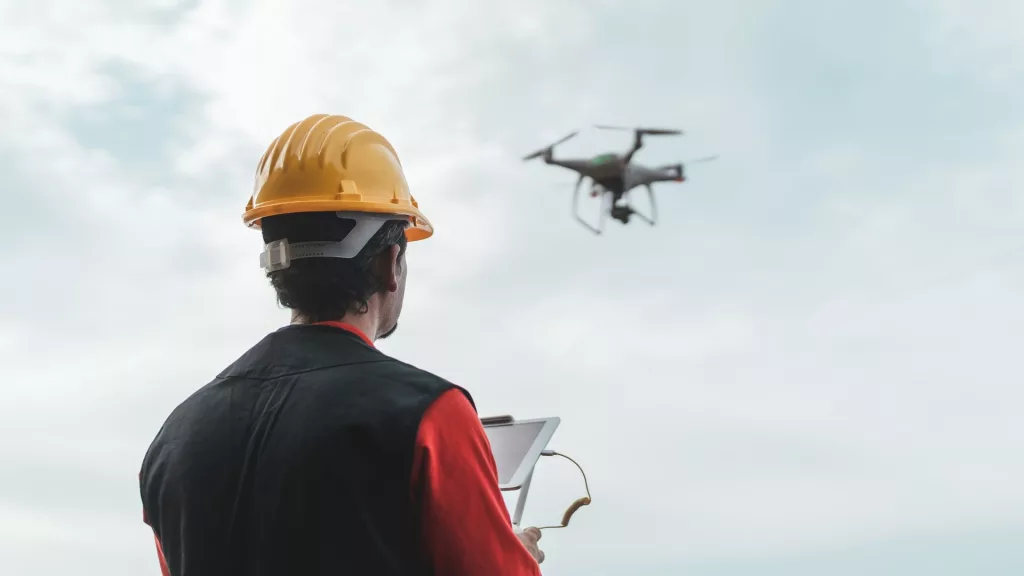
5G technology will also enable the use of drones for maritime surveillance and inspection, providing valuable data on ship traffic, pollution, and ocean conditions.
The Future of Maritime Communications
The recent developments in maritime communications have greatly improved the safety, efficiency, and operational capabilities in the industry. With the continued advancements in technology, we can expect to see further developments in maritime communications.
Vivo Asia Engineering & Trading is an expert in the installation, supply and integration of maritime communication systems, with experience in the FPSO industry. Our engineers are well-versed in different industry and ship-specific requirements that ensure a professional and streamlined project process. Our radio surveyors and technicians also provide periodic survey and maintenance services.






